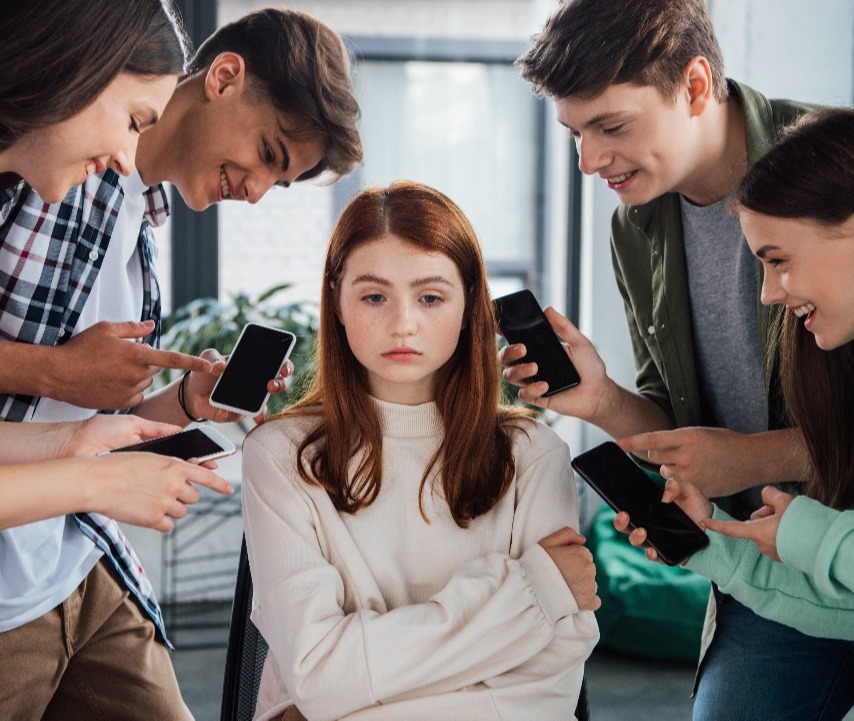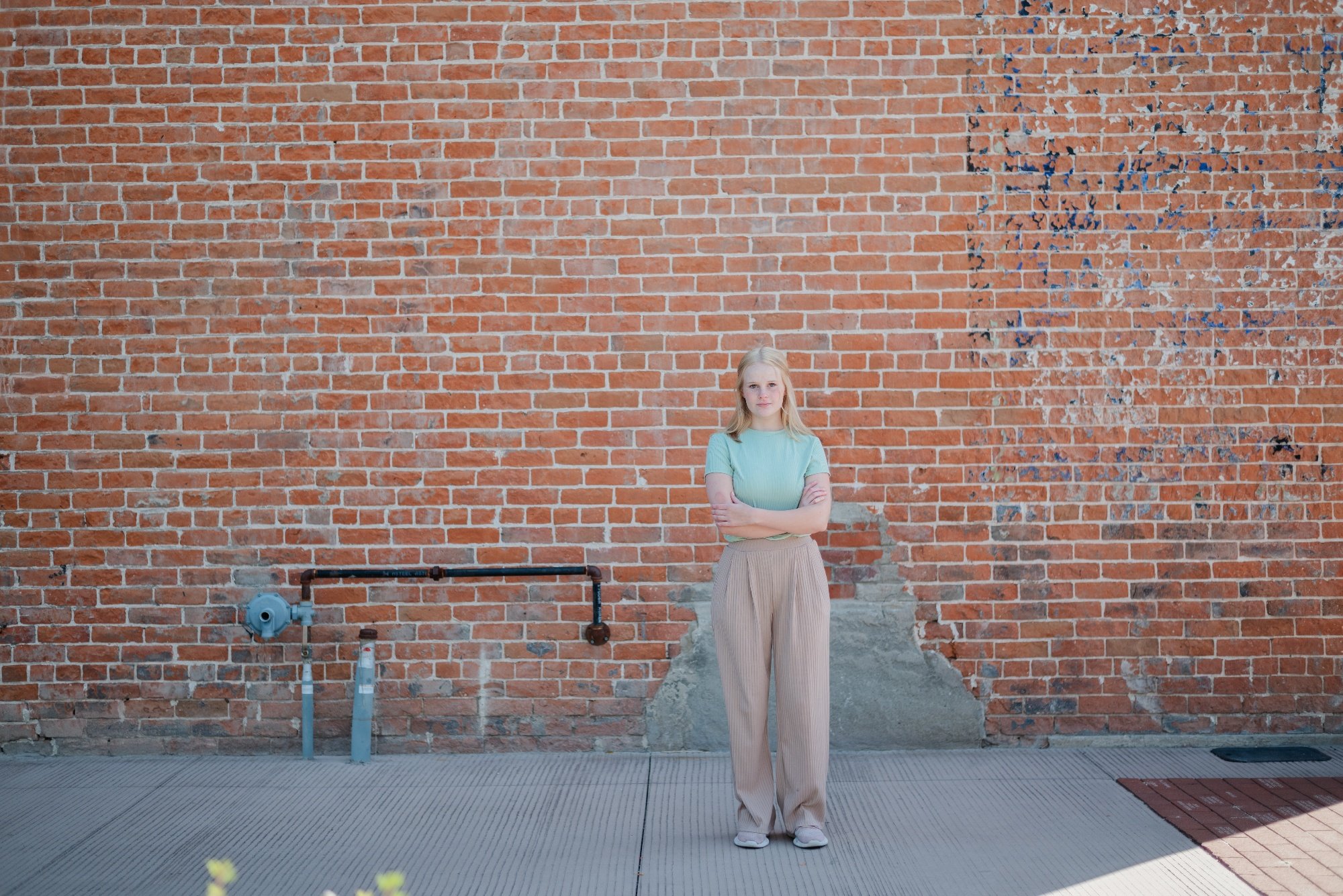Idaho Youth Ranch
Subscribe to our blog
A group of teens recently gathered in southwest Idaho to share with adults what it is like to be a teenager today. “We are so lonely” was the most common theme in the discussion. It is ironic that in the always-on, always-connected world we live in today that our youth identify loneliness as a top concern.
In a time when youth have been back in school and in their regular activities for the most part, the feelings of personal isolation are continuing.
Commenting on a recent study, Richard Weissbourd, a psychologist and senior lecturer at the Harvard Graduate School of Education (HGSE) who helped lead the research said, “I was surprised at the degree of loneliness among young people. If you look at other studies on the elderly, their rates of loneliness are high, but they don’t seem to be as high as they are for young people.”
Lonely Teens Are at Greater Risk
Loneliness can lead to symptoms of depression, anxiety, and suicidal thoughts, which in turn lead to more loneliness. It becomes a vicious circle because the symptoms of depression and anxiety, such as low self-esteem and low energy, often prevent people from reaching out to others and engaging in social activities, which creates more feelings of isolation and loneliness.
The potential spiral of a lonely teen is a larger concern than it might seem on the surface. If your teen spends most of their time alone in their room, makes comments that they don't have friends, or shows other signs of loneliness, it may be time to get help. Idaho Youth Ranch Counseling & Therapy Centers are here for you. To learn more about Teen Counseling at Idaho Youth Ranch, click here.
We Are Built for Connection
At the center of our loneliness is our innate desire to connect. We are designed to participate in community, to form lasting bonds with others. We are, simply, better together.
We have technology to connect us, and with modern travel is smaller than ever before, yet we find ourselves isolated, lonely. Human connection is when we choose to be vulnerable in our interactions with people, where we are seen, where we are heard and valued. In real connections we accept the risk that the other person may disagree, disappoint us, or even reject us.
Our youth may have hundreds of "friends" on social media, thousands of followers on TikTok, alerts from messaging apps on their phone that are never silent, but when they need a friend to share a burden with they discover there is no one. No one that can fill the deep desire for companionship, and there is no one that they trust with their feelings, emotions, and frustrations.
We are built not for followers or social media friends, but for real, authentic connections with others.





Leave a Comment